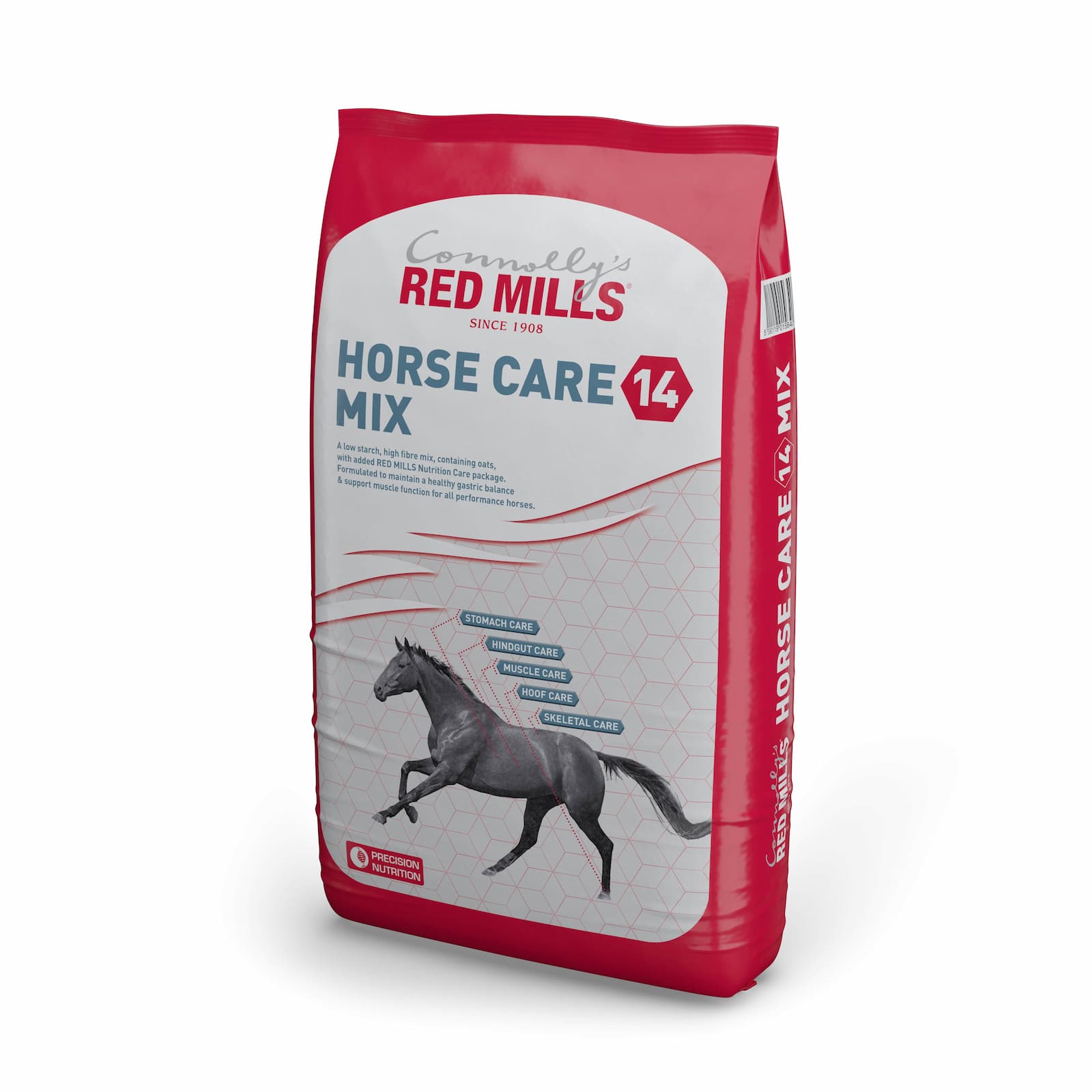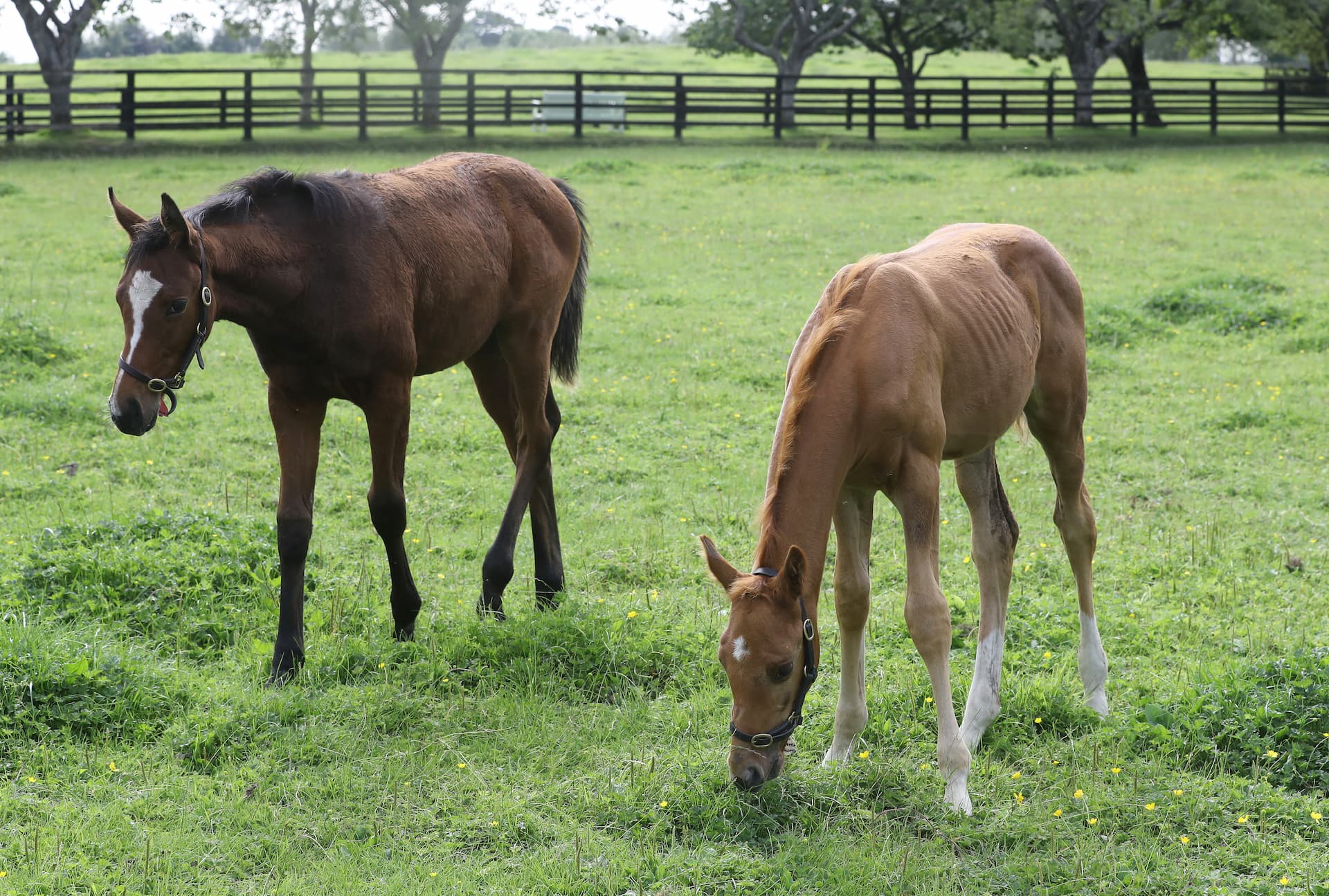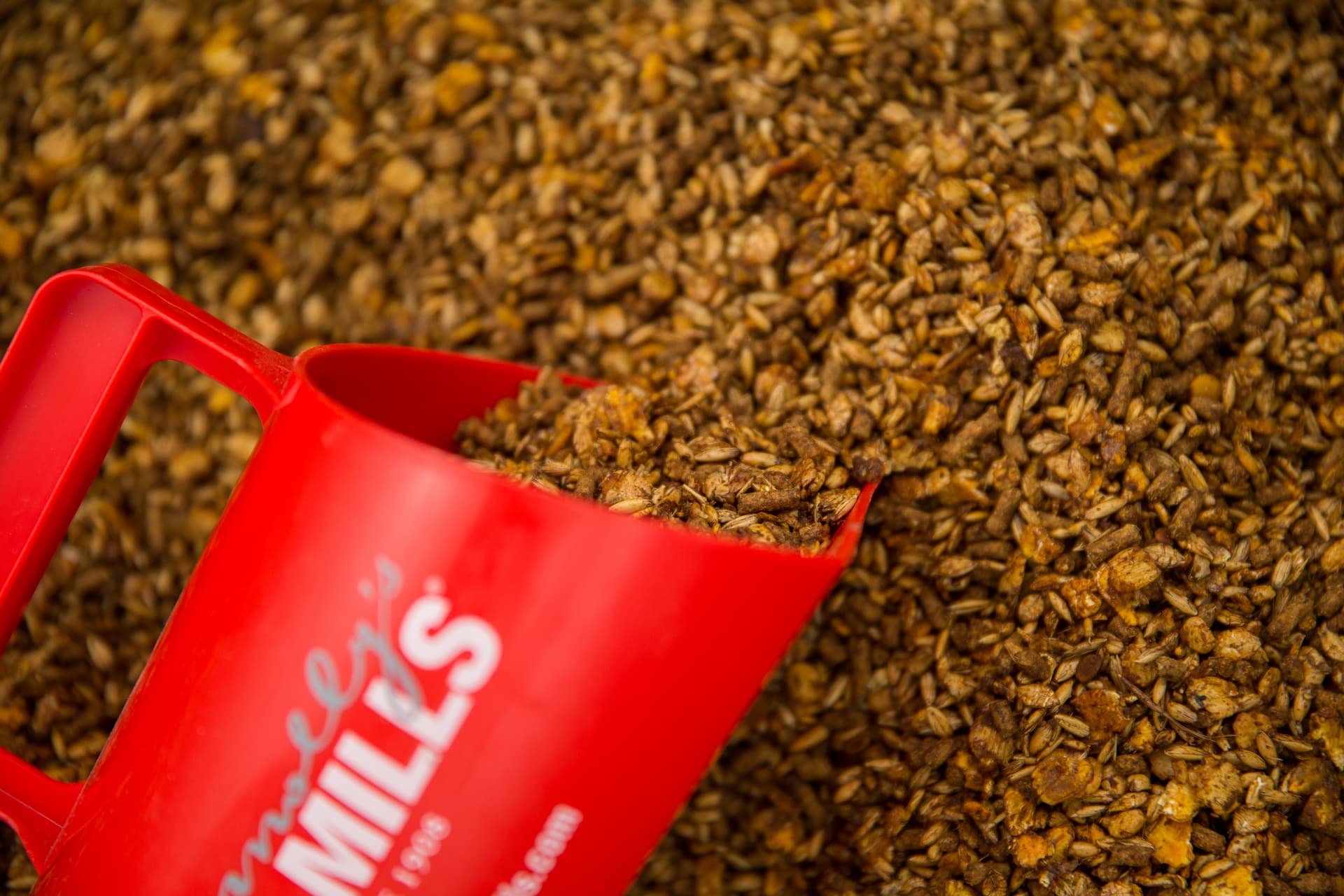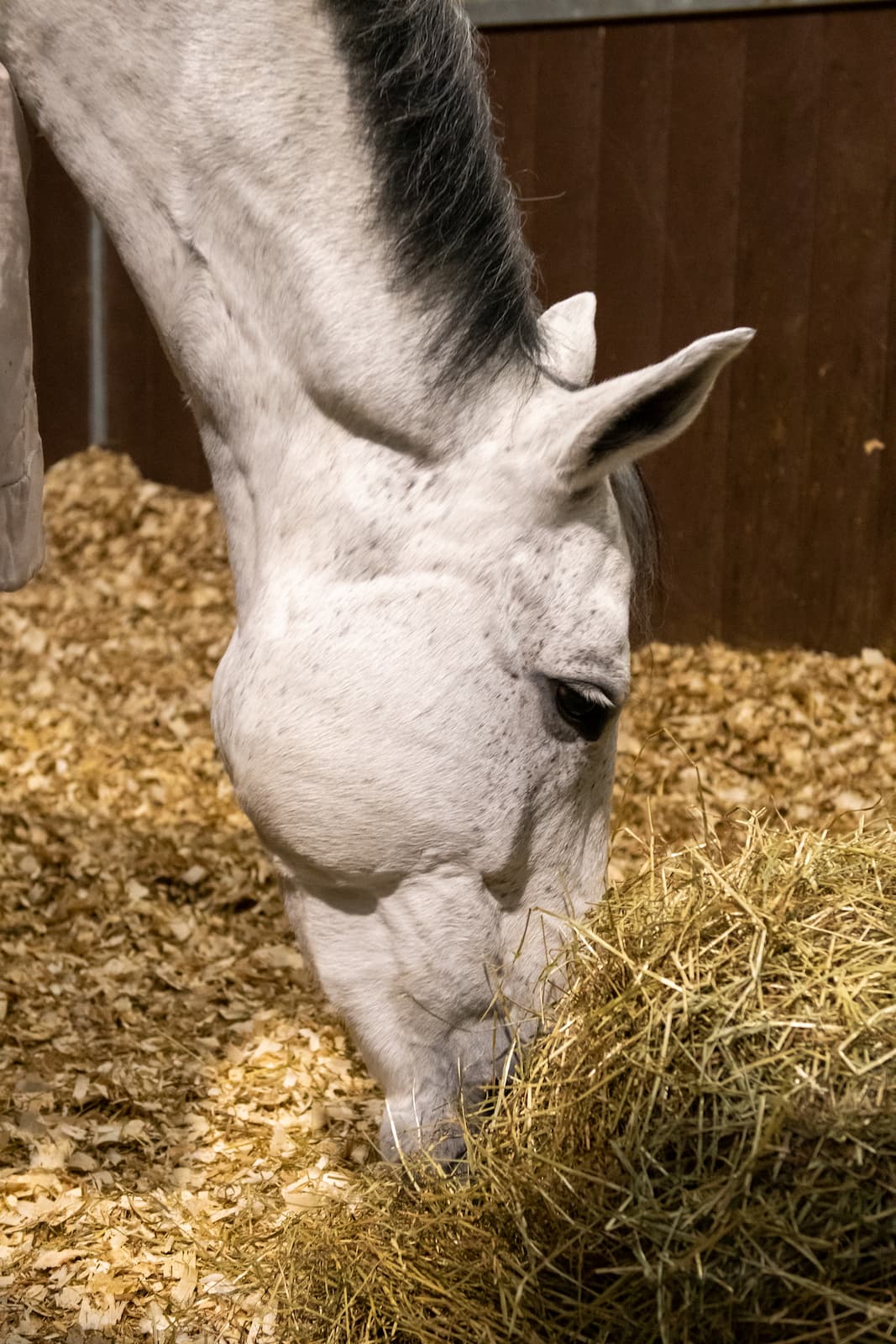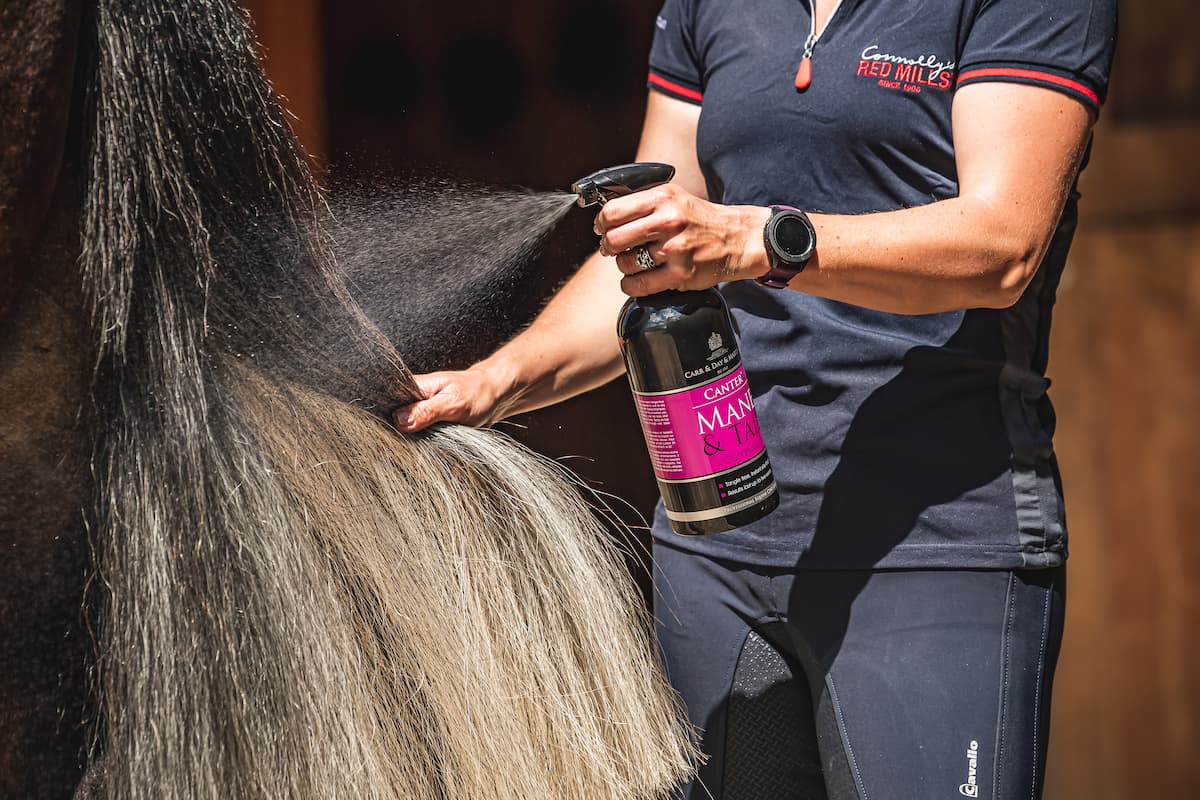Jun, 2020
The use of equine calmers is widespread across the equestrian world. Even in one small study conducted in the UK recently, nearly 70% of people surveyed confirmed that they had used a calmer on their horse and, even more significantly, 82% would use them again. If you are considering trying a calming product on your horse, then be prepared to be bombarded with a multitude of brands, ingredients and opinions. Let’s try to summarise what we already know about calmers, to reduce your stress when trying to choose one!
Start with the problem
Any horse rider knows how difficult it can be when you have a spooky or anxious horse that you are trying to work with. Some horses may have a trigger like loading into a trailer or traffic, while others have more chronic anxiety and stress related behaviour. Your horse can’t talk and tell you why they are behaving the way they are, so we must try and figure out where the behavioural issue is rooted in order to find an appropriate solution. Rushing into buying a calmer should be avoided, always do your homework. Assessing the management of your horse including diet, exercise and daily routine, especially stressful events e.g. competitions, can be key to understanding how to resolve problems.
When thinking about your horse’s temperament and how best to achieve the behaviour you desire, you must start with diet. Everything that your horse ingests from hay to hard feed, including treats, makes up his diet. Feeding patterns e.g. how often your horse is fed and how you provide his forage, may also impact your horse’s behaviour.
Research investigating the development of stereotypies in horses has, for many years, recognised the importance of the horse being able to perform innate foraging behaviour. When there is a consistent lack of this in a horse’s daily routine, there is a higher incidence of stereotypy development e.g. box walking and weaving. More recently equine behaviourists have been looking into the impact of cereal versus fibre/fat-based diets on behaviour. One study investigated the effects of a high starch versus a high fibre diet, and the results showed that the horses on the high starch diet had higher heart rates and a higher reactivity level to stimuli. In practice these results could mean if your horse is over-excitable or reactive to minor stimuli and you are feeding him a high starch diet, then you may be able to reduce the negative behaviour by changing to a higher fibre, lower starch diet.
When thinking about your horse’s behaviour and in particular “fizzy” behaviour it may be worthwhile considering the exercise you provide your horse with. Research has been carried out on how exercise affects a horse’s behaviour and, although the results vary, most agree that exercise does have an impact. The effects include things such as the time spent standing, which was reduced, whilst resting (lying down), drinking and eating were increased. In the wild it is thought that a horse can travel up to 20 miles a day in search of food and water. It is therefore plausible to assume that when exercise levels are inadequate and/or your horse is stabled, which will limit their foraging behaviour, their overall behaviour may be negatively impacted.
When is a calmer needed and what ingredients are in them?
If you have considered your horse’s total diet, exercise levels and environment and you remain confident that you don’t have any changes to make, then assess what specific nutritional ingredients may alleviate your horse’s negative behaviour. There are several common ingredients used in equine calmers that are widely available today. You should read what active ingredients are in the calmer you are considering and think about how it works. Calmers with one single ingredient e.g. magnesium, may be less likely to influence a horse’s behaviour. So, think about your horse, what the problems are and where they may be coming from.
Herbal calmers will commonly include things such as holy basil, winter cherry, valerian, chamomile, hawthorn and marshmallow. Many of these calmers are not FEI approved, plus the ingredients and recommended feeding amounts can be controversial. The focus of this article will be on more contemporary ingredients that are FEI approved and safe for use in competition horses.
Table 1: List some common ingredients found in equine calmers (excluding herbal ingredients)
| Ingredient | What is it | Main function |
| Tryptophan | Amino Acid | Precursor to serotonin |
| Magnesium | Mineral | Involved in transmission of nervous impulses |
| Pyridoxine/Vitamin B6 | Vitamin | Co-enzyme involved in production of serotonin |
| Niacin/Vitamin B3 | Vitamin | Co-enzyme involved in production of serotonin |
| Thiamine/Vitamin B1 | Vitamin | Direct role in transmission of nervous impulses |
| Folic Acid/Vitamin B9 | Vitamin | Important to red blood cell and tissue development |
| Biotin/Vitamin B7 | Vitamin | Important for health of skin, hair and hooves |
| Cobalamin/Vitamin B12 | Vitamin | Red blood cell formation and function |
Tryptophan is an amino acid precursor to serotonin. Serotonin, also known as “the happy hormone”, is a neurotransmitter found in the brain, it has a role to play in well-being and general happiness. Tryptophan is converted to 5HTP and is a crucial building block for serotonin, so why can’t we just make a serotonin supplement? Well, that’s because serotonin cannot pass the blood brain barrier and so the theory is by increasing tryptophan in the diet, you increase the amount available for use in serotonin production.
Feeding tryptophan to other species has been shown to reduce fearfulness, aggression and stress in cattle, pigs, dogs, poultry, mice and even fish. Studies in horses have shown that you can increase the level of tryptophan in plasma by three times the baseline amount, when you feed a commercially available tryptophan supplement. However, research on whether tryptophan can affect a horse’s behaviour and have a specific calming action remains inconclusive. There could be several reasons for this; firstly, tryptophan exists in different forms and can be bound to other amino acids and converted into other compounds, these can both affect the availability of tryptophan to be converted to 5HTP and eventually serotonin. Secondly, and possibly the most relevant reason for the inconclusive results is due to how difficult it is to measure equine behaviour quantitatively, especially specific behaviours like “spookiness”. However, despite the lack of scientific evidence many riders, including professionals, have provided anecdotal evidence that supports feeding tryptophan-based supplements to horses with anxiety related behaviours.
Magnesium has become a very fashionable ingredient in equine calmers in recent years and at times is the sole ingredient in calming products. Magnesium, along with other minerals such as calcium, plays a key role in the transmission of nerve impulses and regulation of the nervous system therefore have a role in calming supplements. Most horses will be receiving the recommended daily intake of magnesium from their diet and there is therefore a question regarding its usefulness in calming supplements. Some horses may have a magnesium deficiency and thus, when provided at safe quantities, it is advisable to take an all-round approach to calming and include magnesium with other ingredients. As the rider you should consider total dietary magnesium intake, by looking at your horse’s whole diet. If you have concerns that your horse is getting too much then you should discuss this with a nutritionist or a vet. Always follow the manufacturer’s guidelines and do not go above the recommended feeding amounts.
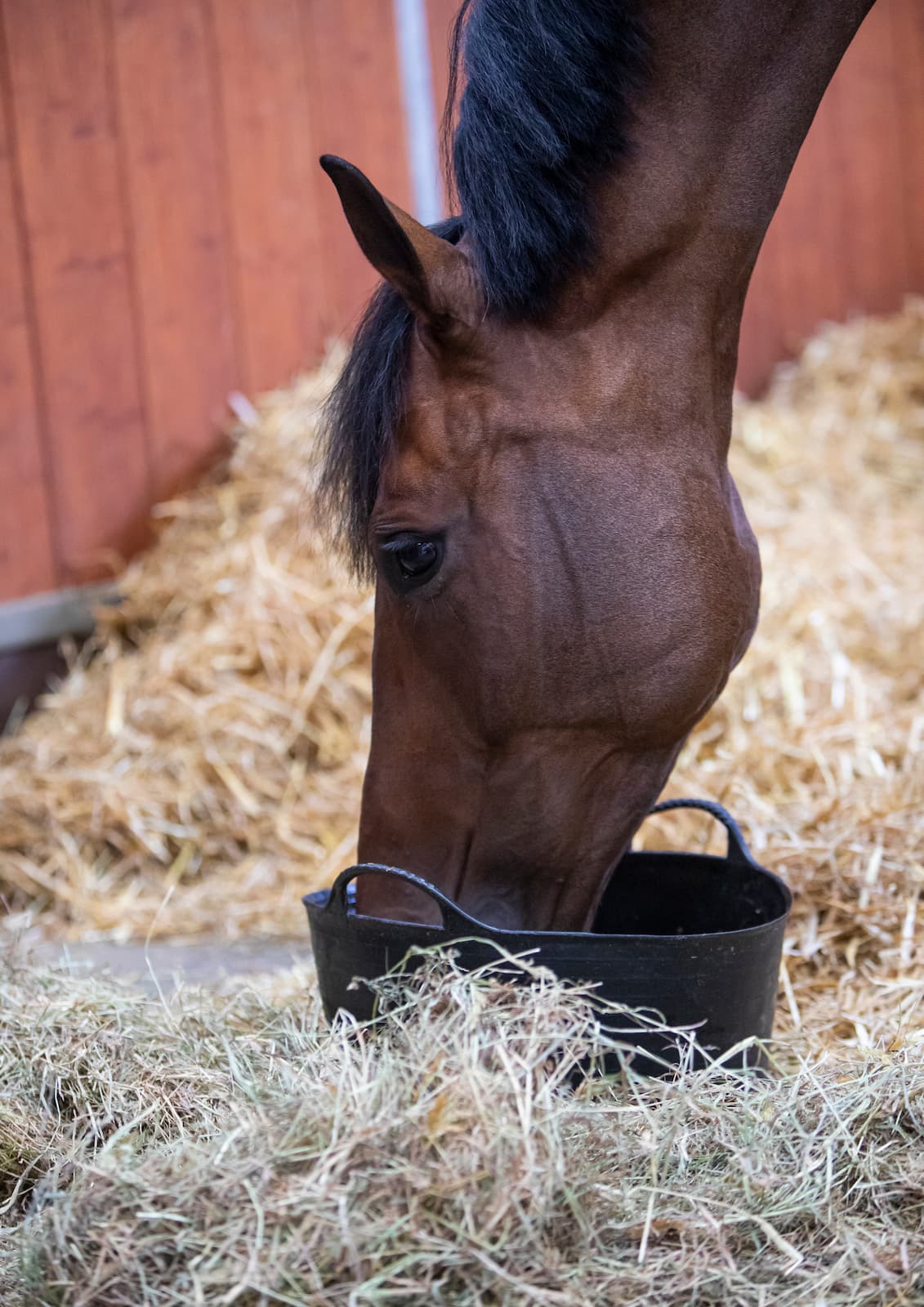
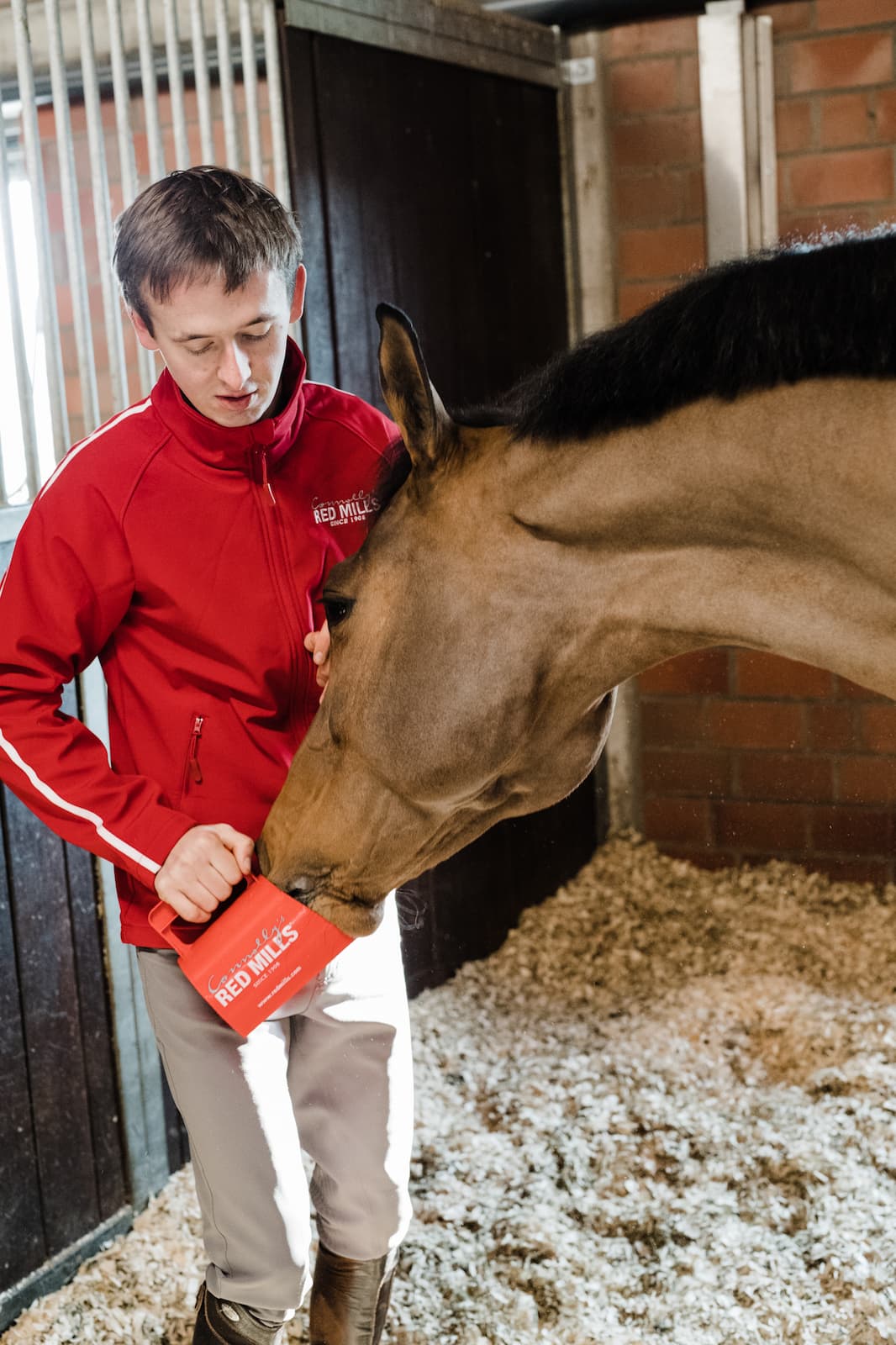
B vitamins have many roles in the body (see Table 1). Lots of B vitamins act as coenzymes where they bind to an enzyme and act as a catalyst for reactions within the body, i.e. they speed them up. Their varied functions within the body is why you will often see a range of B vitamins being included in calming supplements. For example, vitamin B6 and B3 are involved in the conversion of tryptophan to serotonin as coenzymes. Therefore, ensuring a plentiful supply of these B vitamins indirectly promotes the production of serotonin, which has the benefits we have already discussed. The body supplies its own B3 and it uses tryptophan in this process, so by providing extra tryptophan you create a sparing effect, ensuring again a plentiful supply for the conversion of tryptophan (5HTP) to serotonin. B1 has a direct role in the transmission of nervous impulses and there is anecdotal evidence that suggests it is effective in reducing anxiety in horses, supporting its inclusion in equine calmers. The inclusion of other B vitamins such as B12 and B7 may not have obvious links to calming but they do support overall well-being, and are especially important for performance horses, where increased stress levels could negatively affect performance.
B vitamin inclusion in the diet can be controversial because the microorganisms that live in the hindgut produce B vitamins, which the horse can utilise for itself. This is heavily reliant upon the health of the hindgut microorganisms. In performance horses, microbe health and diversity can be affected by several things including; reduced fibre intake, from limited forage availability and/or reduced appetite, plus increased stress levels. Consequently, B vitamin production in the hindgut could be reduced, resulting in an increased need for supplementation.
More recently some manufacturers of equine calmers have taken a different approach to the more traditional ingredients already discussed and have included gut health enhancers including; pre- and probiotics such as yeast, Mannan-oligosaccharides (MOS), fructo-oligosaccharides (FOS), certain types of clay, pectin, lecithin and modified wheatgerm. The theory is that horses who experience increased acidity levels within the gastrointestinal tract, specifically the hindgut, may develop anxiety related behaviour due to an association of exercise with discomfort or even discomfort while resting. Providing ingredients that may enhance the health and diversity of more desirable microbes and help to maintain a healthy gastrointestinal system, could indeed have an impact on equine behaviour.
Conclusion
The importance of reviewing the overall management of your horse including diet, exercise levels and general environment, is important in getting to the root cause of any horse’s anxiety. The use of a calmer should be considered when you are confident that the management of your horse is optimal, but the negative behaviour persists.
Related Products
Contact our sales team via WhatsApp or email

Nicolas Gaumerais
Group Commercial Manager GCC Region
Based in the UAE, Nicolas Gaumerais is the Commercial Manager of Connolly's RED MILLS Group which includes Connolly's RED MILLS horse feeds and Foran Equine supplements sold in the GCC region. Nicholas regularly travels across the Gulf to meet customers.

Dominic Bligh
Group Commercial and Technical Executive GCC Region
Alternatively, reach out to Dominic Bligh who offers nutritional & technical support for Connolly's REDMILLS Feed and Foran Equine supplements. Dominic is also the Commercial Manager for Foran Equine Supplements. He regularly visits client's stables in the Middle East to advise on bespoke feeding programmes.



